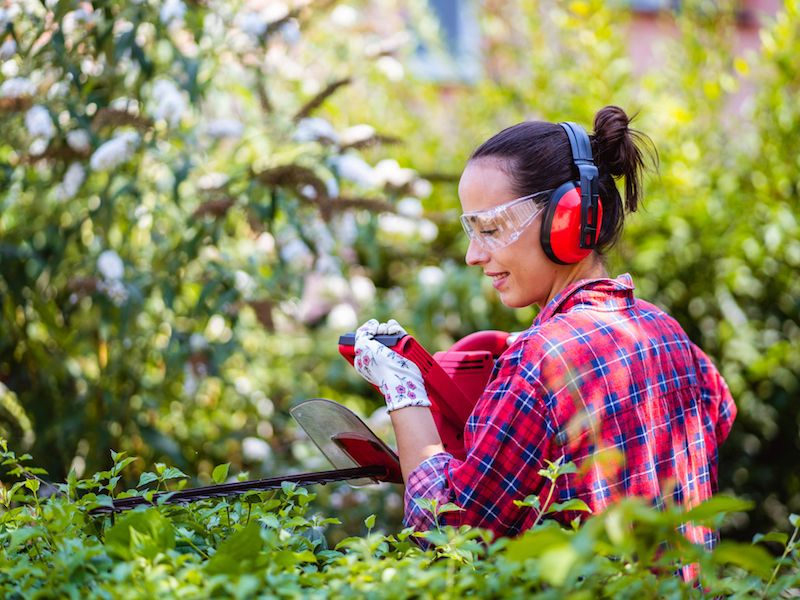
Safeguarding your hearing is a lot like eating the right way. It’s hard to know where to begin even though it sounds like a good idea. This is particularly true if you don’t consider your daily environment to be very noisy and there aren’t any obvious dangers to your ears. But your ears and senses can be stressed by daily living, so your auditory acuity can be maintained if you apply these tips.
The more you can do to delay the degeneration of your hearing, the longer you’ll be able to enjoy the sounds around you.
Tip 1: Wearable Ear Protection
Using ear protection is the most practical and simple way to safeguard your ears. This means that decreasing loud and harmful sound is a basic step you need to take.
This means that when it’s required most people will want to use ear protection. Two general forms of protection are available:
- Ear Muffs, which are put over the ears.
- Ear Plugs, which are put in the ear canal.
Neither form of hearing protection is inherently better than the other. Each type has its benefits. What’s essential is that you pick some hearing protection that you feel comfortable with.
Tip 2: When Sound Gets Dangerous, be Aware of It
But
Usually sounds become harmful at the following levels:
- 85 decibels (dB): After around two hours this level of sound is damaging.This is the level of sound you’d expect from a busy city street or your hairdryer.
- 95-100 dB: This is the typical level of your earbuds or the level of farm equipment. After about 15-20 minutes this volume of sound becomes dangerous.
- Over 100 dB: In this situation, you can damage your hearing very rapidly. Damage is done in about thirty seconds with sounds over this threshold. For instance, rock concerts and jet engines will damage your ears in 30 seconds.
Tip 3: Use Your Phone as a Sound Meter
Now that we have a general concept of what volume of sound could be harmful, we can take some precautions to make sure we minimize our exposure. The trick is that, once you’re out in the real world, it can be challenging to measure what’s too loud and what isn’t.
Your smartphone can now be used as a handy little tool. There are dozens of apps for iPhone, Android, and everything in between that turn your device’s microphone into a sound meter.
Having a dynamic sound meter with you will help you evaluate everything you’re hearing in decibels, so you’ll have a far better idea of what dangerous levels actually sound like in your everyday life.
Tip 4: Monitor Your Volume Settings
A smartphone with earbuds is usually the way people listen to music nowadays. This creates a risky scenario for your hearing. Your hearing can be significantly damaged if you keep your earbuds too loud over a long period of time.
Somonitoring the volume control means safeguarding your ears. In order to drown out sounds somewhere else, you should not raise the volume. And we suggest using apps or settings to ensure that your volume doesn’t unintentionally become hazardously high.
Earbud use can become a negative feedback loop if your hearing starts to wane; you could find yourself constantly raising the volume of your earbuds so that you can make up for your faltering hearing, doing more damage to your ears in the process.
Tip 5: Have Your Hearing Tested
You may think of a hearing test as something you get when your hearing has already begun to decline. The difficulty is that it’s not always easy to detect a problem in your hearing without a standard to compare results to.
Acquiring data that can be used for both diagnostic applications and for treatment can best be achieved by scheduling a hearing exam and screening. This will give you some extra context for future hearing choices and ear protection.
Pay Attention to Your Hearing
It would be perfect if you could always protect your ears without any issues. But challenges are will always be there. So whenever you can and as often as possible, safeguard your ears. You should also get your ears tested regularly. Hopefully, these tips will help you get a good start.